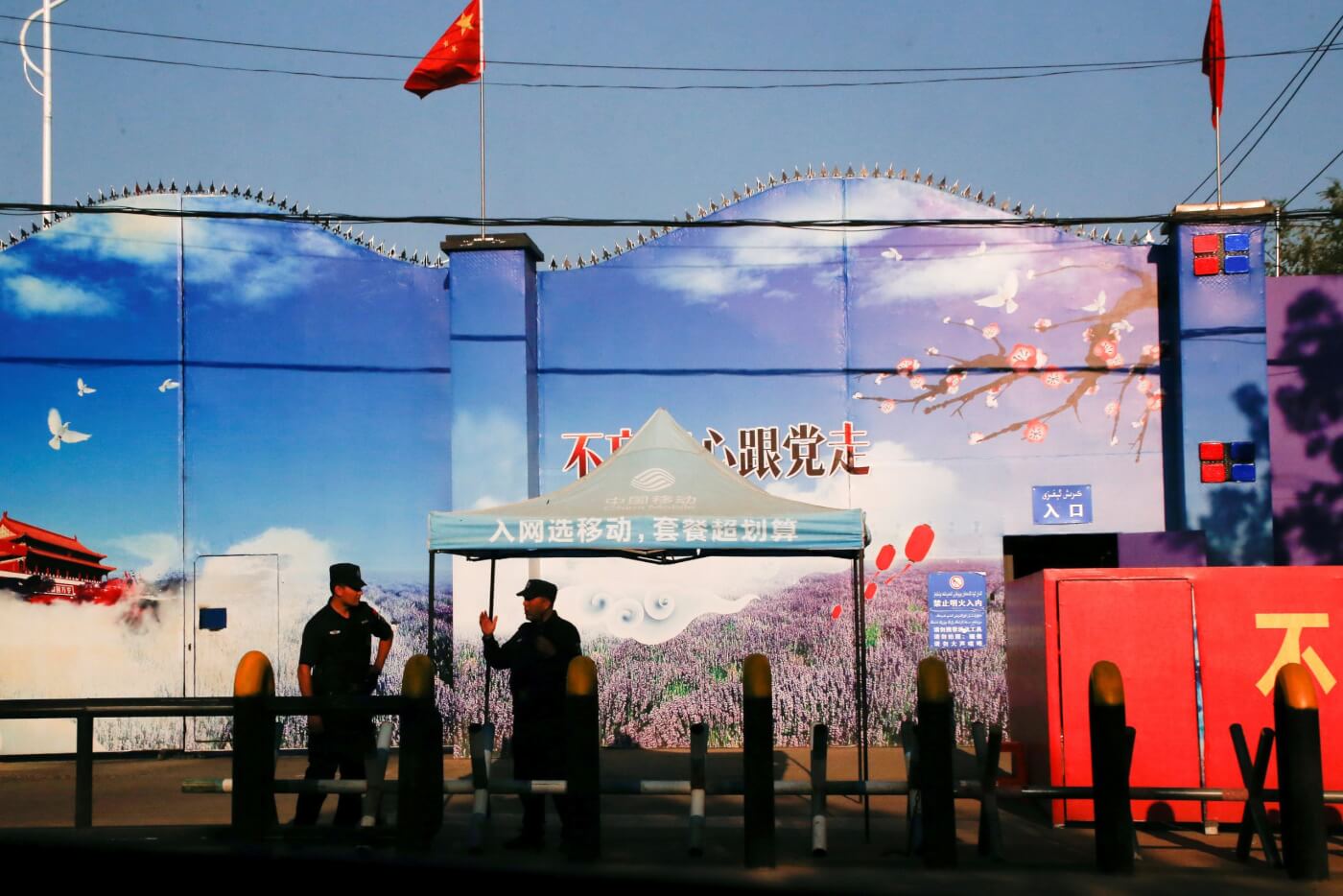In a landmark decision, Canada’s parliament has passed a motion stating China’s treatment of its Muslim Uyghur minority constitutes genocide; making them only the second nation to do so, following the United States determination in the final days of the Trump presidency.
Canada’s Parliament passed the motion with a definitive majority of 266 to 0. Though it is non-binding, many hope that this motion will help gather support for persecuted Uyghurs and help legitimise their cause. The declaration that genocide has taken place in China’s Xinjiang region may also make it easier for the Canadian government to pass Magnitsky sanctions and legislation aimed at reducing the import of products manufactured using Uyghur slave labour against China.
However, Prime Minister Justin Trudeau and senior cabinet members decided to abstain, instead maintaining a hesitant approach, characterised by Trudeau’s description of genocide as an “extremely loaded” term.
Following calls for the International Olympic Committee to move the 2022 Winter Olympics out of Beijing, the Canadian Prime Minister said:
“When it comes to the application of the very specific word genocide, we simply need to ensure that all the i’s are dotted and t’s are crossed before a determination like that is made”
Despite Trudeau’s reluctance to follow suit, the Canadian Parliament agreed that Beijing’s actions in its Xinjiang region met the definition of genocide set out in the 1948 Convention on the Prevention and Punishment of the Crime of Genocide.
The convention stipulates that genocide has taken place if any of the following acts are committed:
- Killing members of the group
- Causing serious bodily or mental harm to members of the group
- Deliberately inflicting on the group conditions of life calculated to bring about its physical destruction in whole or in part
- Imposing measures intended to prevent births within the group
- Forcibly transferring children of the group to another group.
In February 2021, a formal legal opinion illustrating the extent of Xinjiang rights abuses was published, with evidence of “enslavement, torture, rape, enforced sterilisation and persecution” charted in great detail.
The document outlined a “very credible case” that the Chinese government is carrying out genocide; going on to state that “prolific evidence of Uighur women being subject to measures that prevent them from reproducing”, “Uighur children being forcibly removed from their parents and the deprivation of the opportunity to practise Uyghur culture:
“clearly constitutes a form of genocidal conduct”
In his statement at the 46th session of the human rights council, British Foreign Secretary Dominic Raab once again failed to declare China’s treatment of its Uyghur population genocide, instead electing to replicate the approach of Justin Trudeau: evidently fearful of the potential economic consequences of such a determination.
While the passing of a motion that acknowledges genocide in Xinjiang is welcome, the reluctance of western leadership to confront Beijing suggests that significant progress is unlikely. The international community has an obligation to seek an end to the persecution taking place in Xinjiang, despite any possible economic ramifications.

